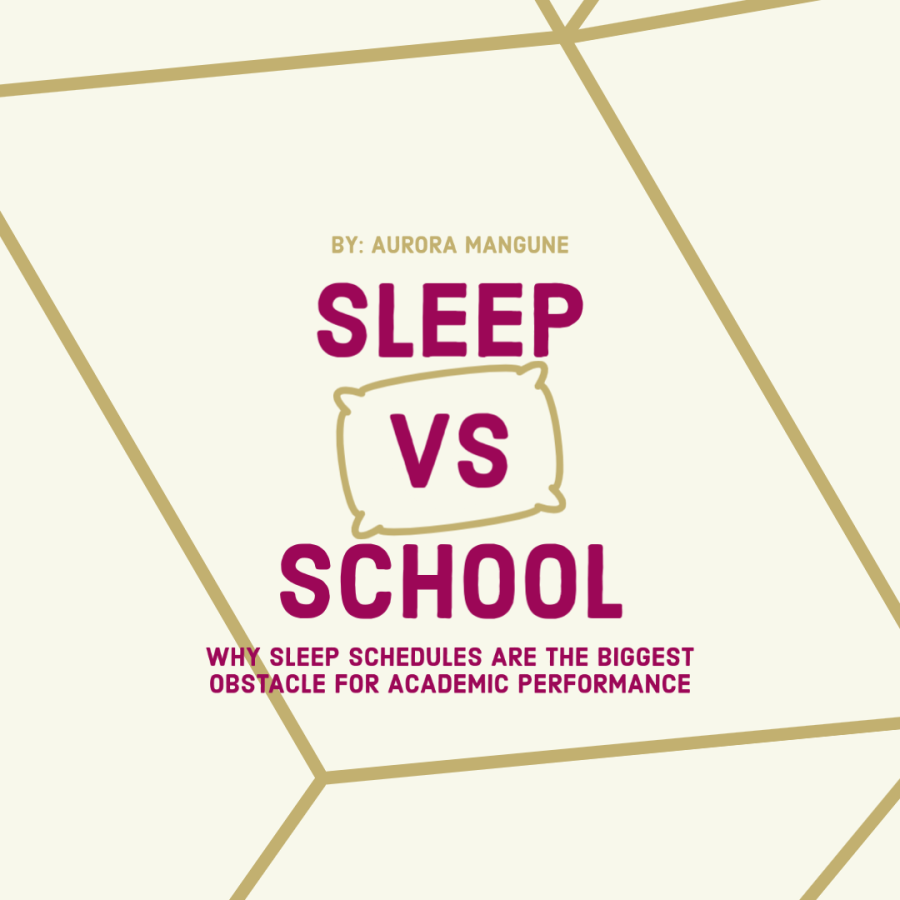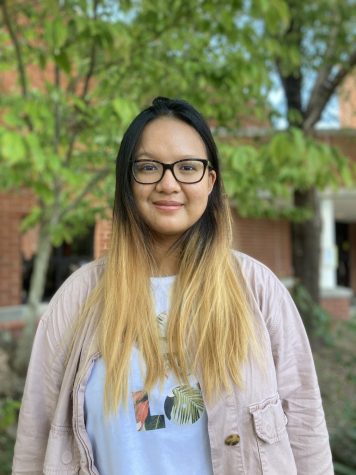Teenagers and sleep
Seven in ten teens do not get enough sleep on school nights
December 14, 2021
When it comes to teenagers, catching Z’s is one of the most important things for health.
According to John Hopkins Medicine, teenagers need an average of nine hours of sleep a night in order to support physical growth and brain development.
Failing to meet these requirements can lead to what experts refer to as “sleep deprivation.” Sleep deprivation can lead to various symptoms including mood changes and slow performance in thinking. But the effects of sleep deprivation can become much more severe if continued over a long time.
According to the Sleep Foundation, “a persistent lack of sleep creates significant risks to physical and mental health: cardiovascular disease, diabetes, obesity, immunodeficiency, hormonal abnormalities, pain, and mental health disorders (especially depression, anxiety, and ADHD).”
These facts are nothing new and the Virginia Beach School Board has discussed pushing back the high school start time on various occasions.
According to the CDC (Centers for Disease Control and Prevention), a national sample in 2015 revealed that “about 7 out of 10 (72.7%) [of teens] did not get enough sleep on school nights.”\
Academy students in particular struggle with long bus rides that necessitate even earlier wake up times. Some students are picked up as early as an hour before school starts.
According to the Sleep Foundation, “high school students also have more homework, late-night technology use, and fewer parent-set bedtimes, all of which may cause students to stay up later than is appropriate for getting adequate sleep.”\
A schedule like this interferes with the natural circadian rhythm of teenagers. A possible way around this is to get students to adapt to going to bed earlier. However, this becomes difficult as with juggling after school activities from jobs to clubs. Additionally, high school students may find it hard to fall asleep before 11PM.
According to both the American Academy of Sleep Medicine and the American Academy of Pediatrics, “evidence strongly implicates earlier school start times (ie, before 8:30 am) as a key modifiable contributor to insufficient sleep, as well as circadian rhythm disruption, in this population.”
There is no current talk of pushing start times later. In the meantime, we can try to make sure we get to bed at a reasonable hour at night and implement good sleep habits like not being on the phone in bed and keeping the bedroom cool and dark at bedtime which can improve sleep.


drmkchr • Dec 20, 2021 at 8:02 am
I 100% agree with this, which is why I was so disappointed when the Virginia Beach school system chose to dismiss any further action on changing the start times. There was much brouhaha over the idea of game practices needing lighting because of a later start time, issues with working after school, and a lack of buses and bus drivers. The pandemic eliminated some of these arguments and exacerbated others. It’s still something that I hope will be reconsidered in the future.